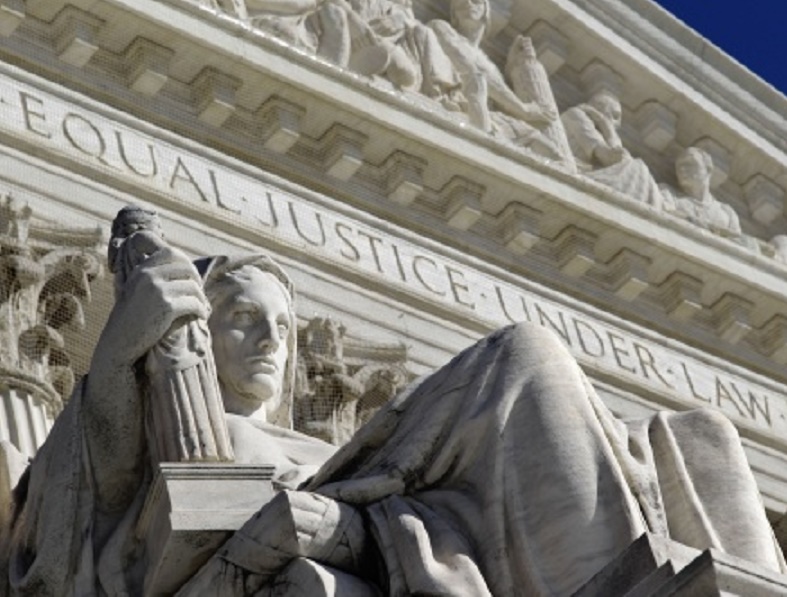Mid-Term Report Exposes Gaps in Justices’ Recusal Standards
FTC analysis explains recusals, considers ethics concerns for the first half of OT19
Fix the Court is calling on Justice Kavanaugh to explain his decision not to recuse from an upcoming case and is asking justices to refrain from accepting megabucks prizes, which only invite questions of impropriety, in a new report on SCOTUS’s OT19 disqualifications out today.
That the upcoming CFPB case at SCOTUS comes from the Ninth Circuit, instead of the D.C. Circuit, does not matter from a “impartiality might reasonably be questioned” (28 U.S.C. §455[a]) perspective, FTC writes, as Kavanaugh has stated multiple times that he sees the agency as “unconstitutionally structured.” The single-director structure is also at issue in Seila Law v. CFPB, to be argued at the high court on March 3.
“The Supreme Court is hanging by a thread ethically, and this doesn’t help,” FTC executive director Gabe Roth said. “At the very least, Kavanaugh should offer a public explanation as to why he should sit on the case, much as Justice Scalia did in Cheney v. U.S.D.C. and Justice Rehnquist did in Laird v. Tatum.”
All told, there were 69 times in which a justice stepped aside from a cert. determination so far this term, a number we expect will triple by term’s end.
Among the more interesting recusals was one in 19-560, Nicassio v. Viacom and Penguin Random House, which illustrates a peculiar standard justices are using to determine if disqualification is appropriate. Justice Breyer recused here, presumably due to his shares of Pearson PLC, a British publishing company that owns a stake in Penguin. Breyer was also paid royalties by Penguin in 2018, as was his wife.
Justice Sotomayor, on the other hand – who’s earned nearly $2 million in Penguin royalties since joining the high court, including $33,000 last year – did not step aside from 19-560 and has sat on Penguin Random House cases in the past. FTC contends that such a windfall from a single source should make Sotomayor reconsider her non-recusal stance whenever her book publisher is a litigant.
Speaking of windfalls, yesterday Justice Ginsburg was awarded the Berggruen Prize, which carries with it a $1 million award. Though she’s donating the money, accepting such a large sum seems improper, particularly given guidance to lower court judges that no honorarium of over $2,000 should be accepted and that the Berggruen’s board includes individuals whose employers regularly come before the high court. It’s unclear if the gifts guidance the court adopted in 1991 applies to Ginsburg, but either way, this is yet another instance in which a formal ethics code would aid the justices in navigating situations that may lead to the appearance of impropriety.
Roth added: “It’s more than a bit unsettling that two relatively unknown foundations like Berggruen and the Genesis would seek to award $1 million to a Supreme Court justice in back-to-back years. Is that the going rate to ensure a justice attends your annual event? I sure hope not.”
 Other highlights from the report:
Other highlights from the report:
-The three justices still owning stocks – Roberts, Breyer and Alito – recused seven times this half-term because of those holdings. FTC continues to urge the justices to sell off those stocks or place them in blind trusts.
-Two petitions so far this term have named justices, producing seven disqualifications.
-As in the past, the vast majority of the recusals were caused by previous work – 53 in total. Previous involvement in cases resulted in 16 Kagan recusals, 12 each for Alito and Kavanaugh, 11 Gorsuch recusals and two for Sotomayor.
-Family ties caused one recusal so far this term. Justice Breyer continued his practice of disqualifying himself in cases that previously came before his brother, a district judge in northern California.
In addition to examining recusals in this report, FTC looked at other actions by the justices that might be grounds for ethics concerns and lead to recusals in the future.